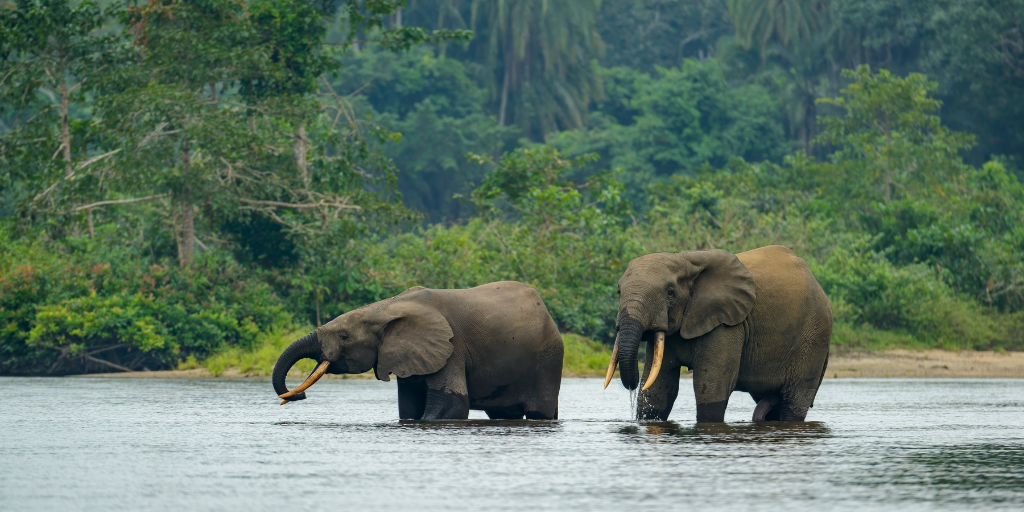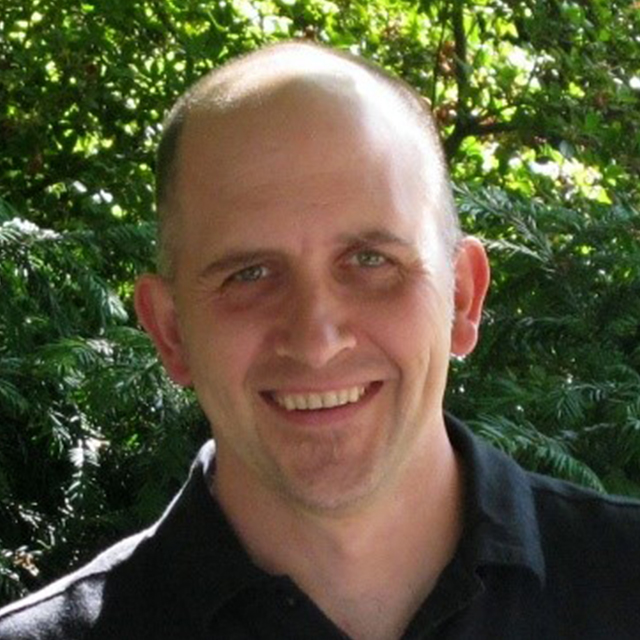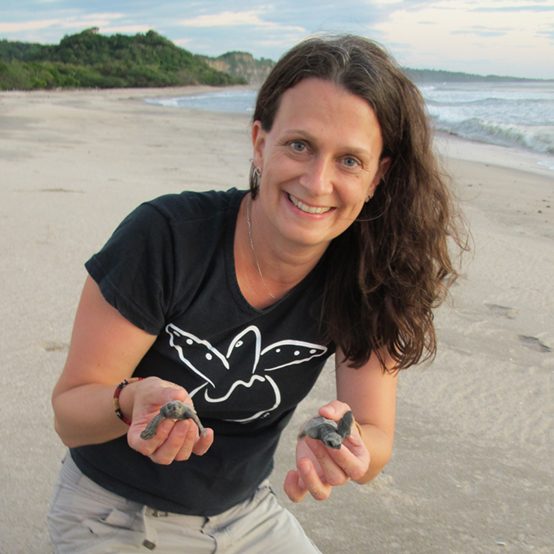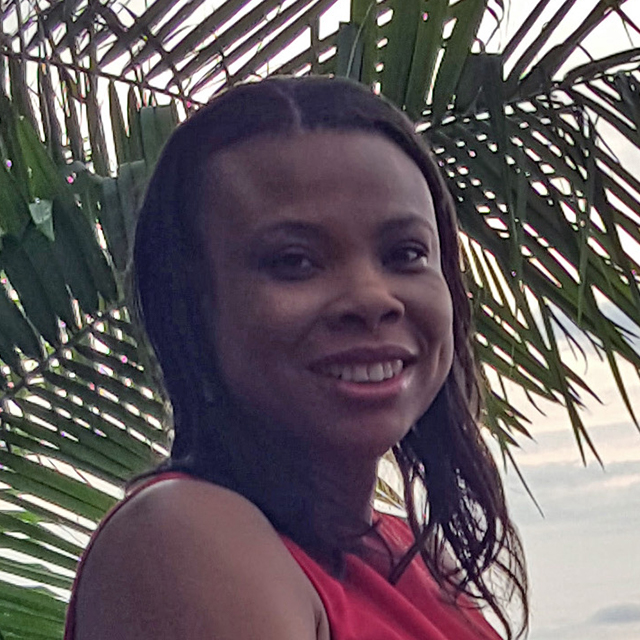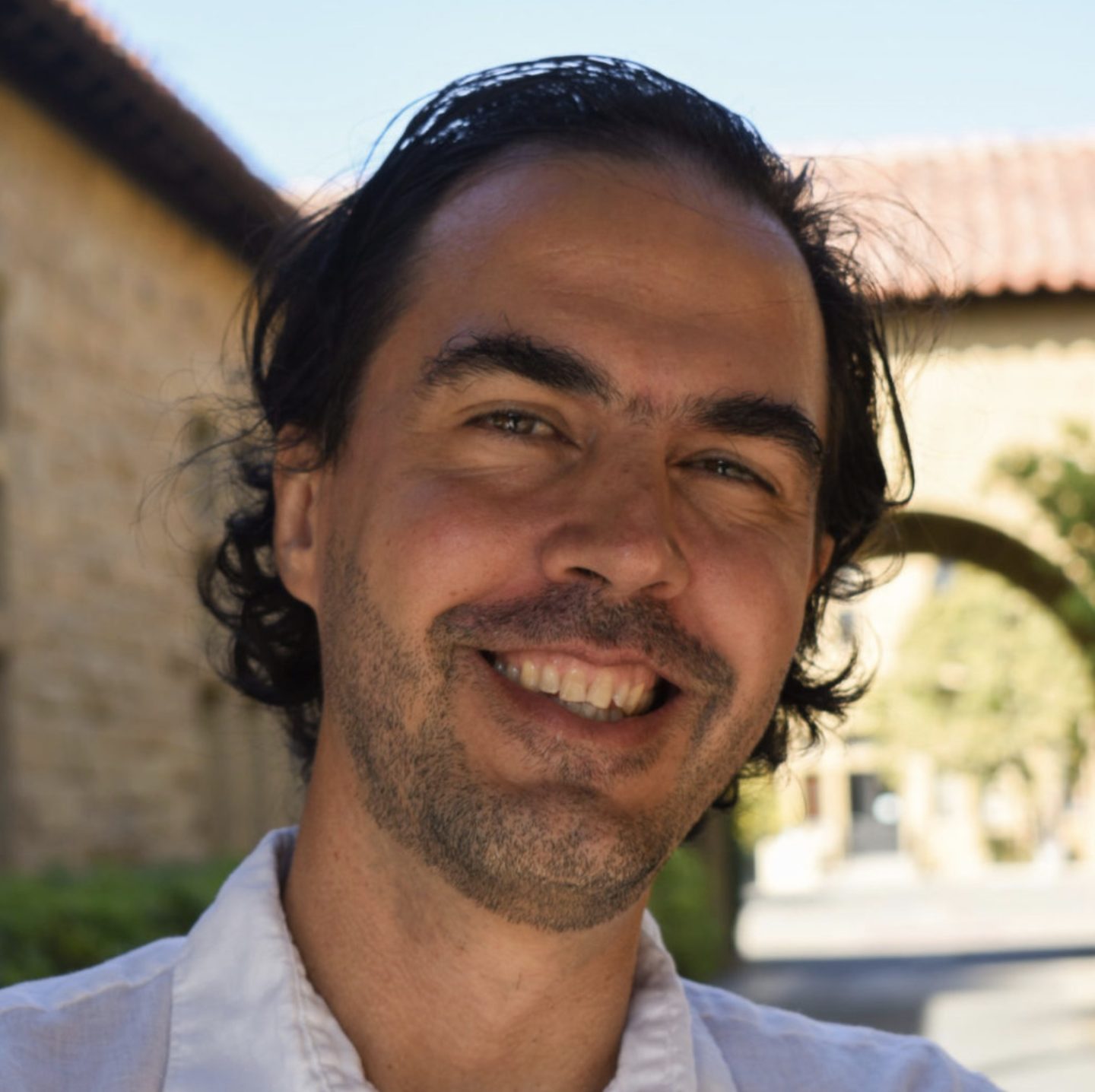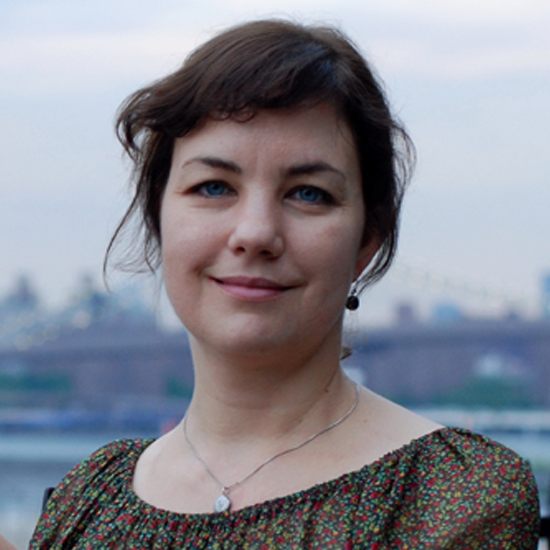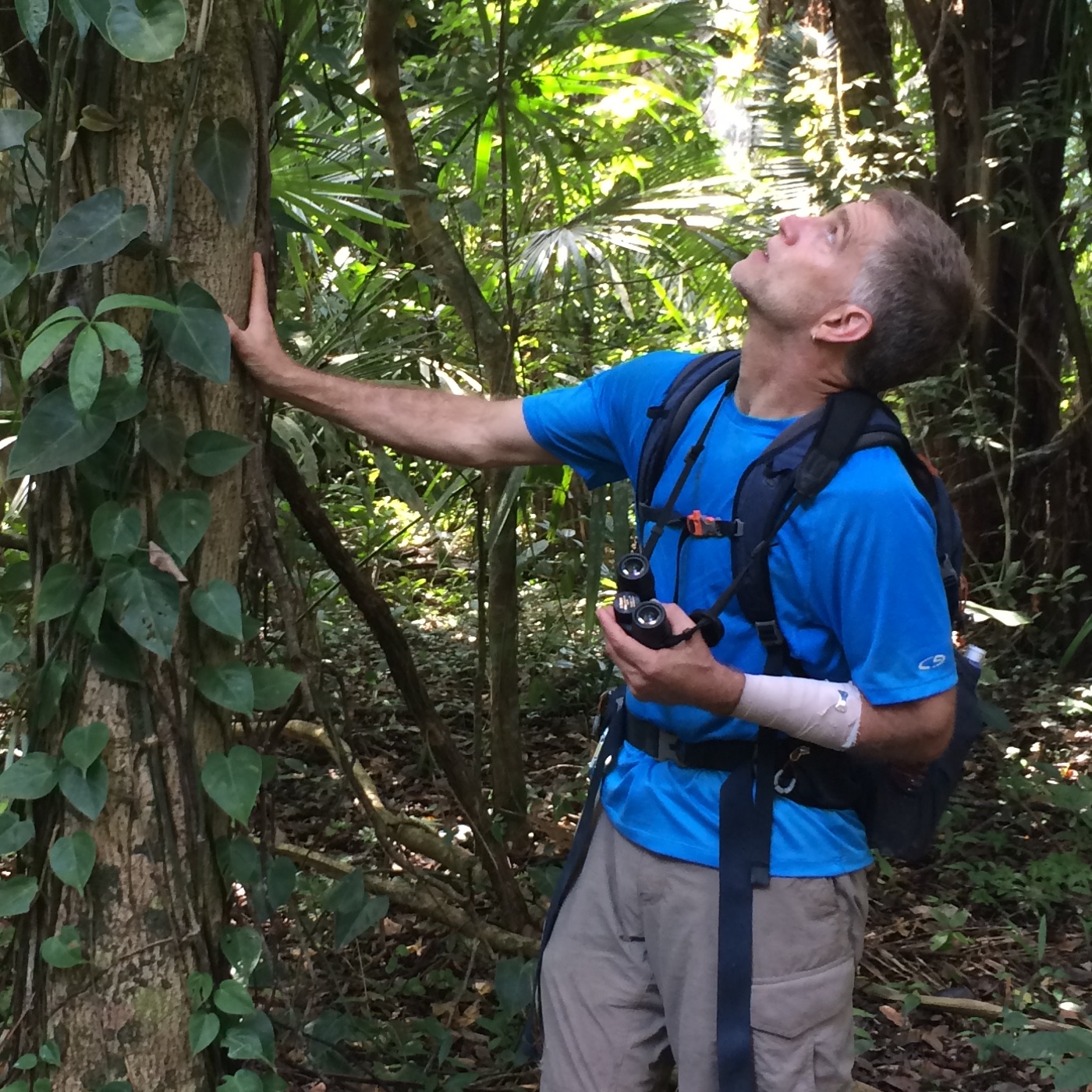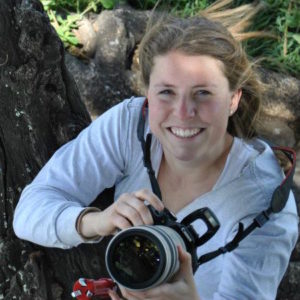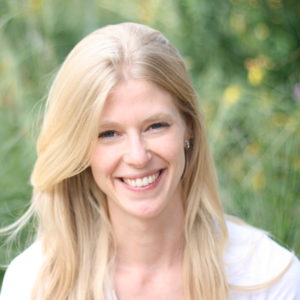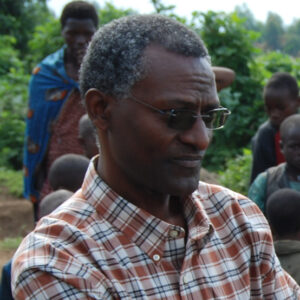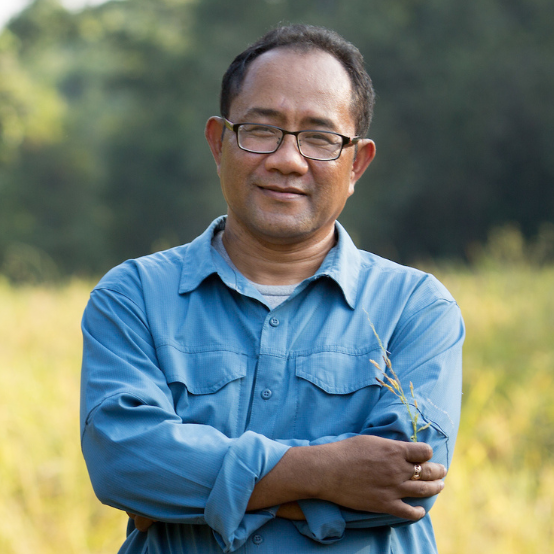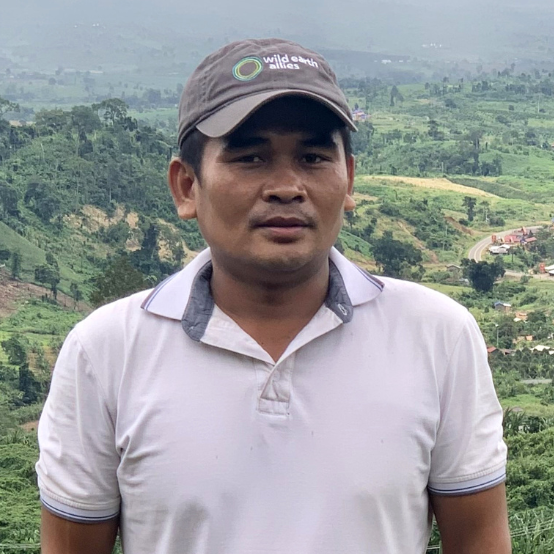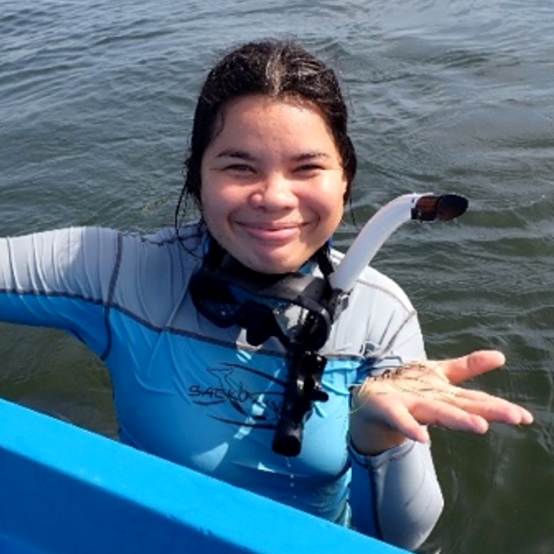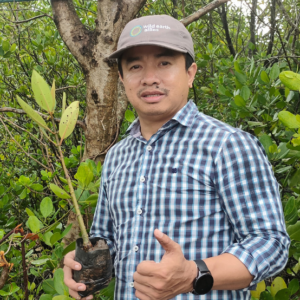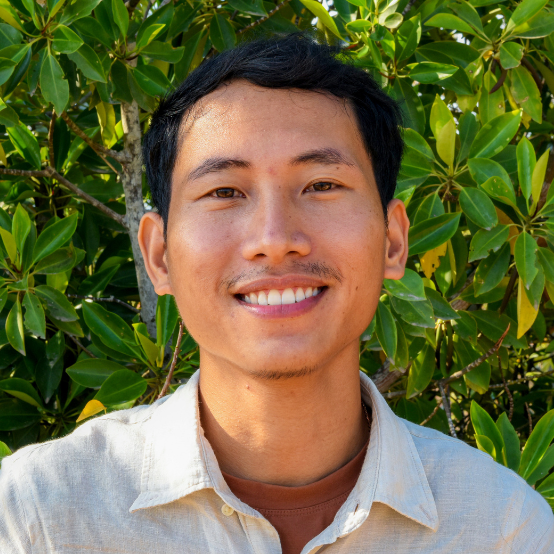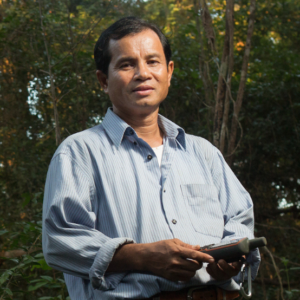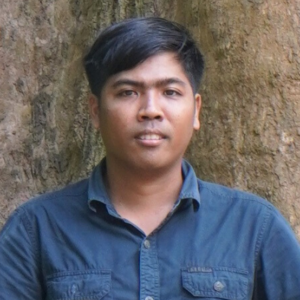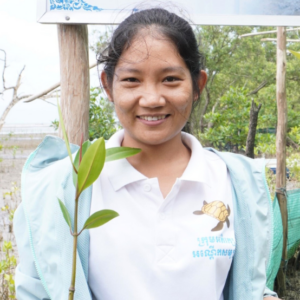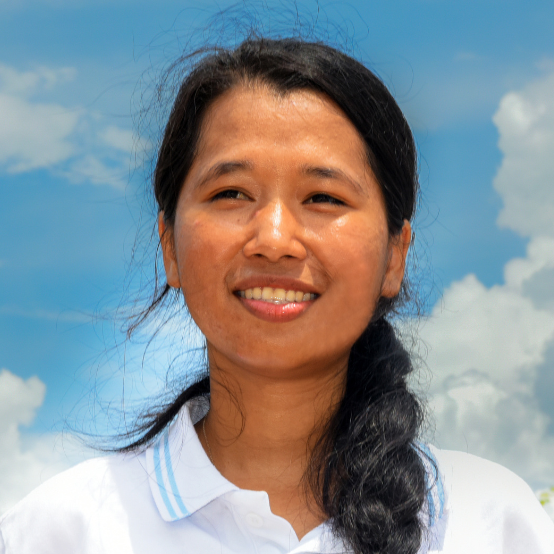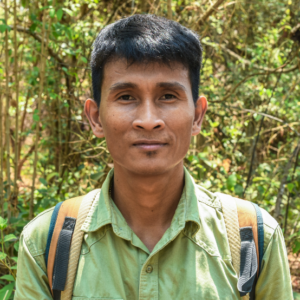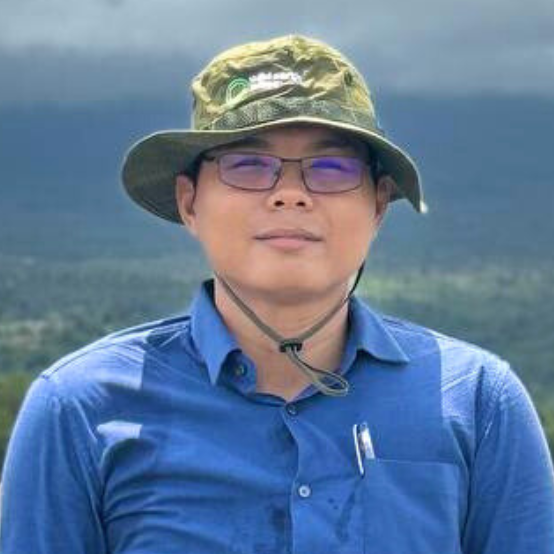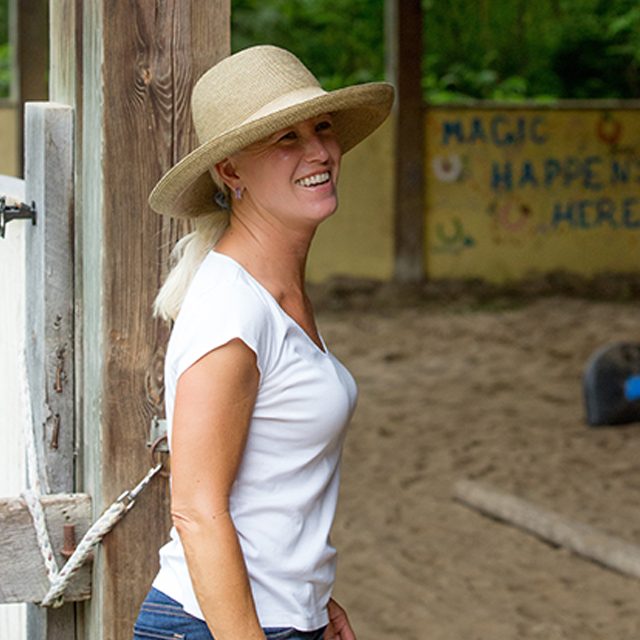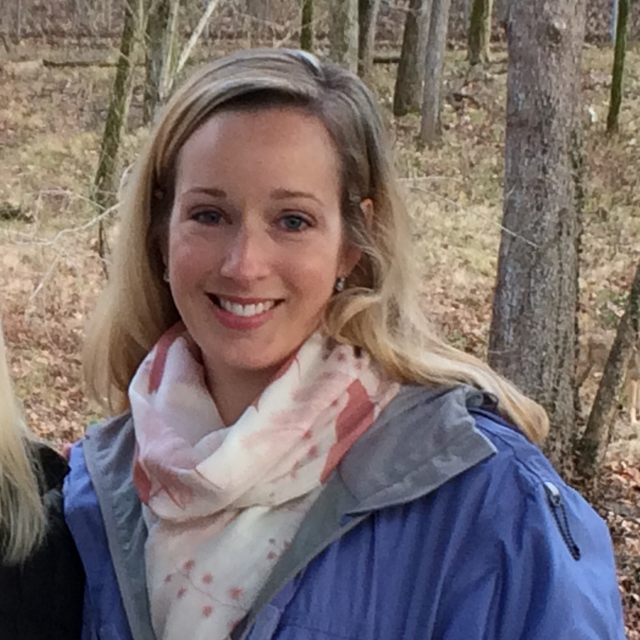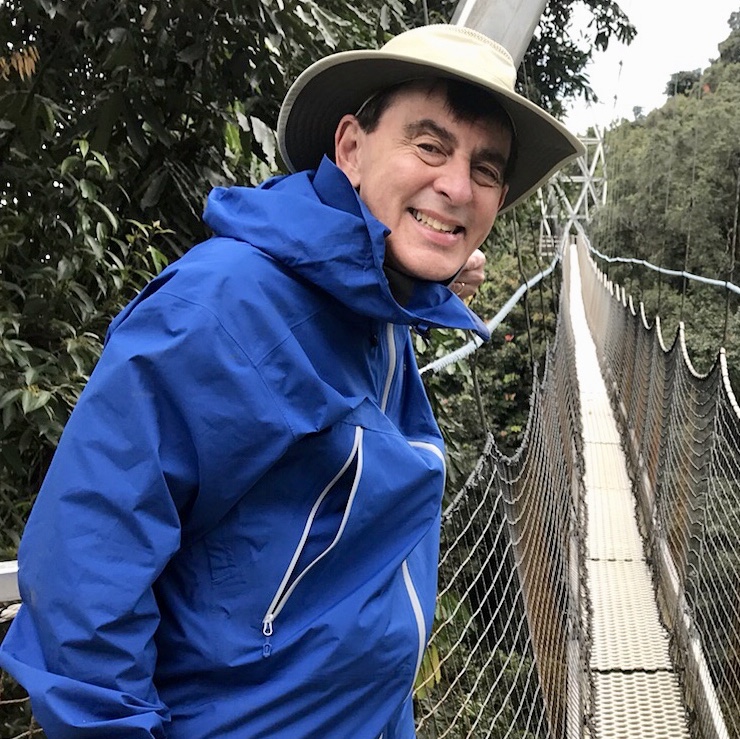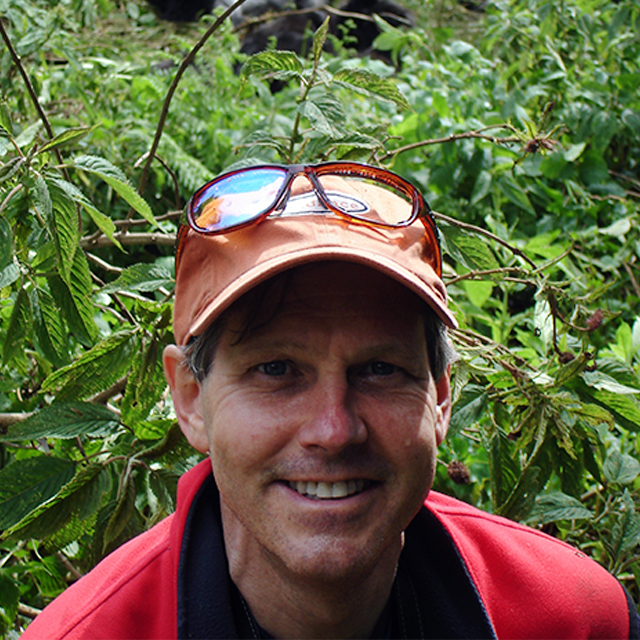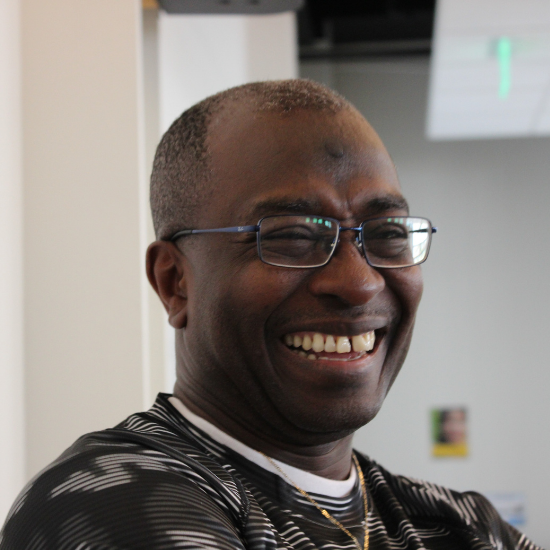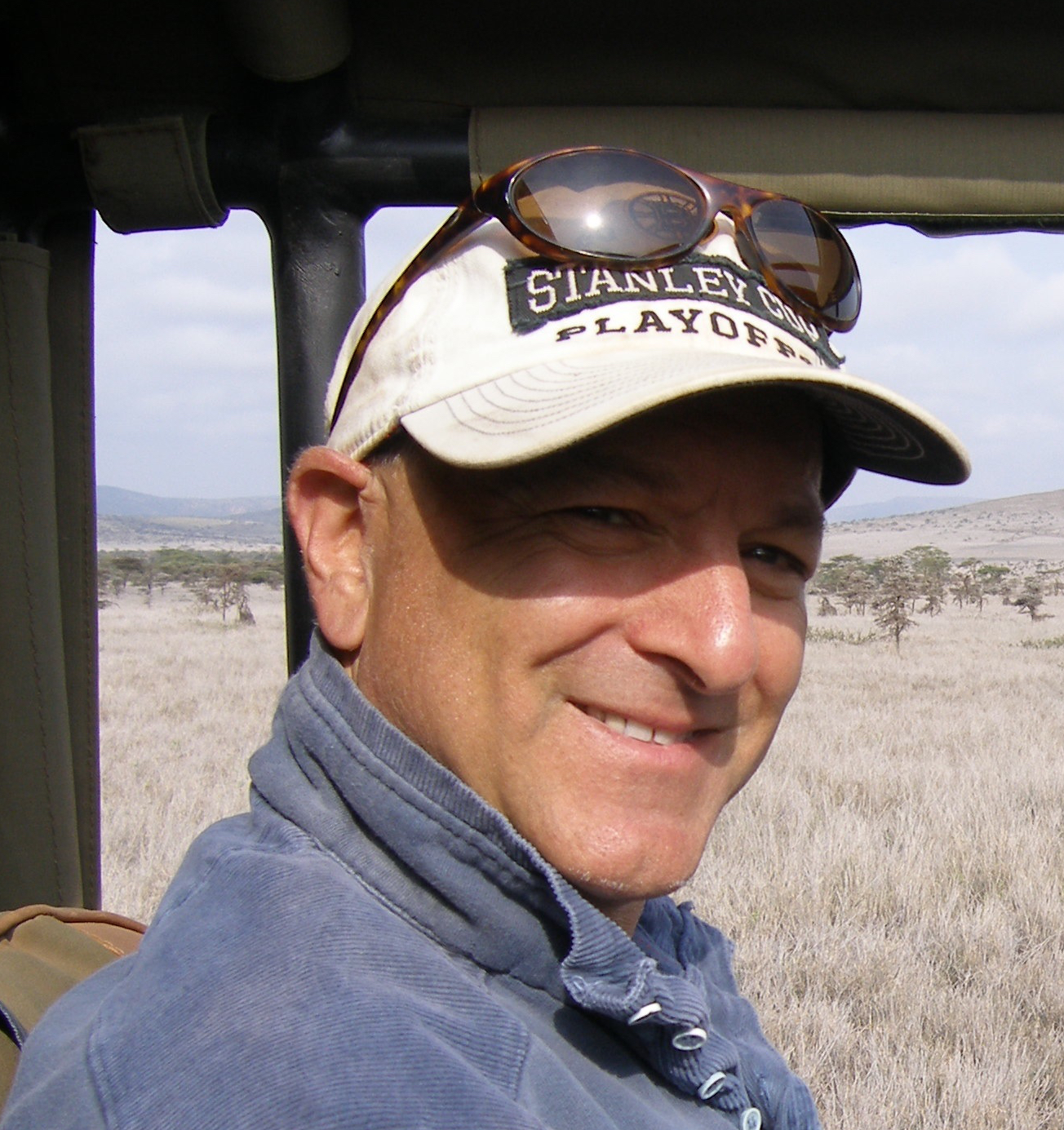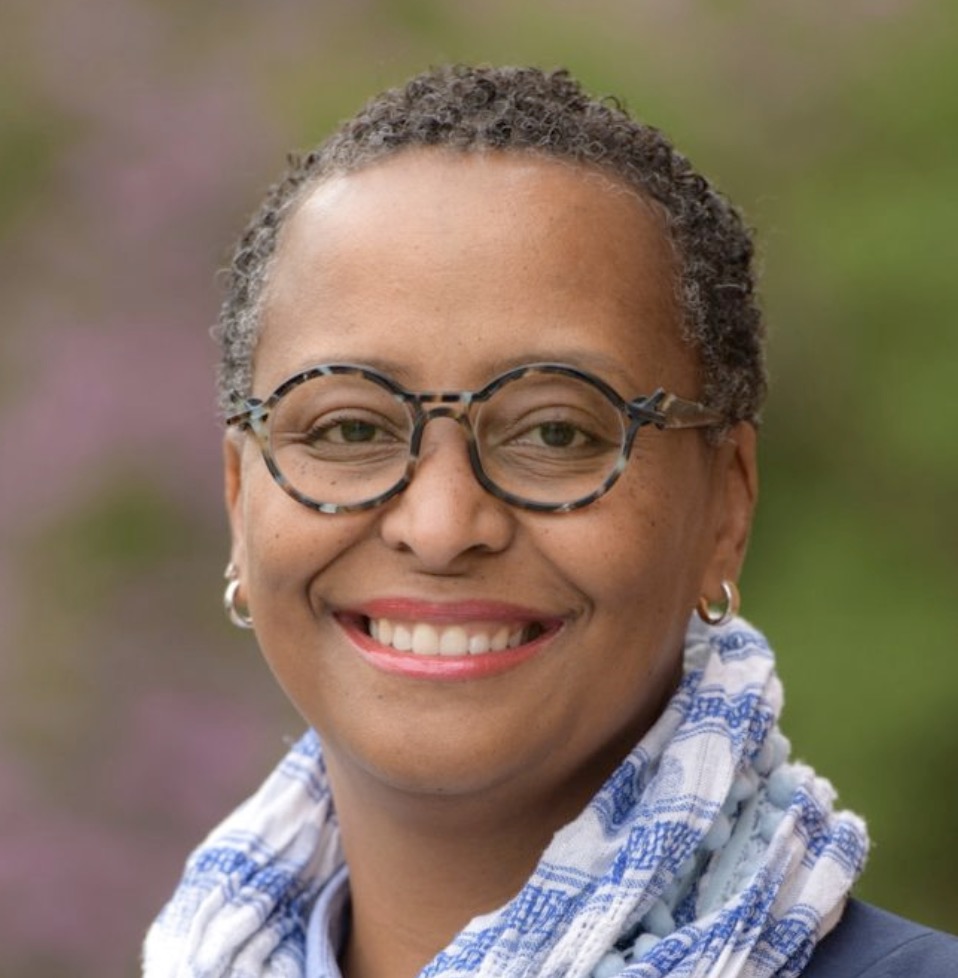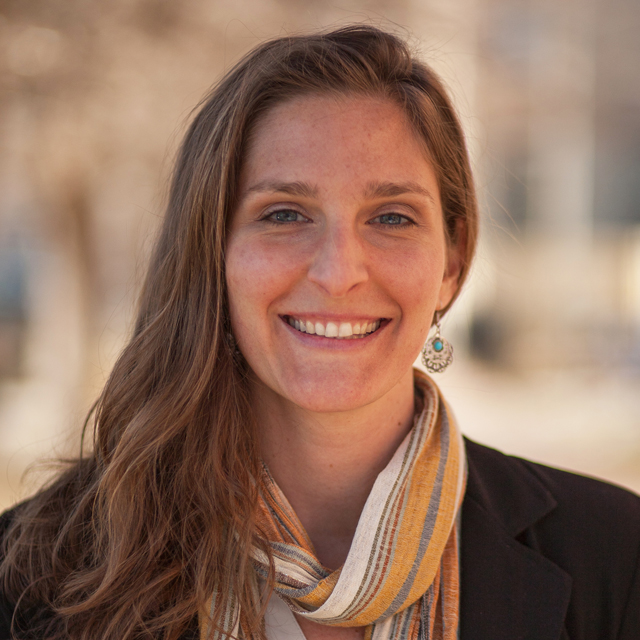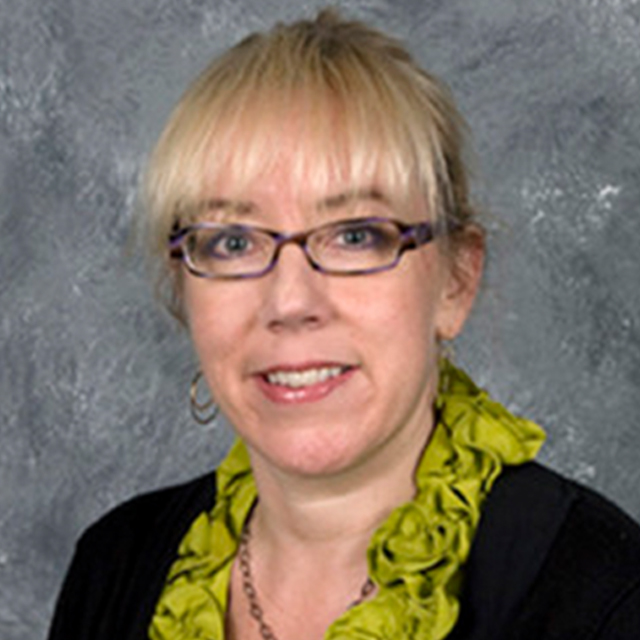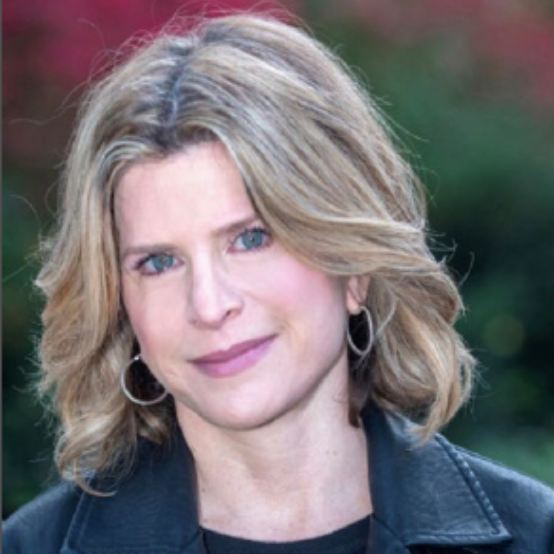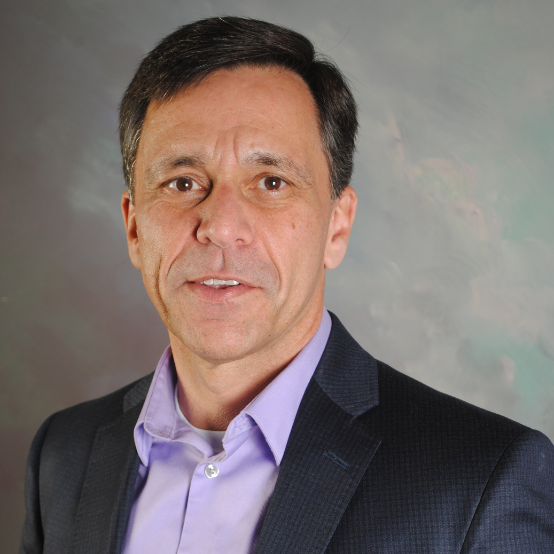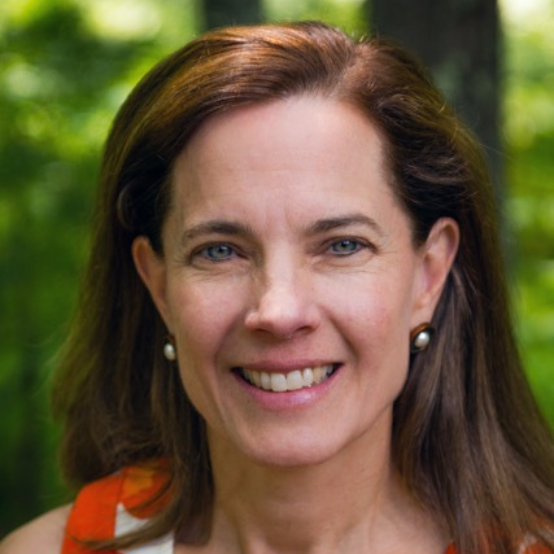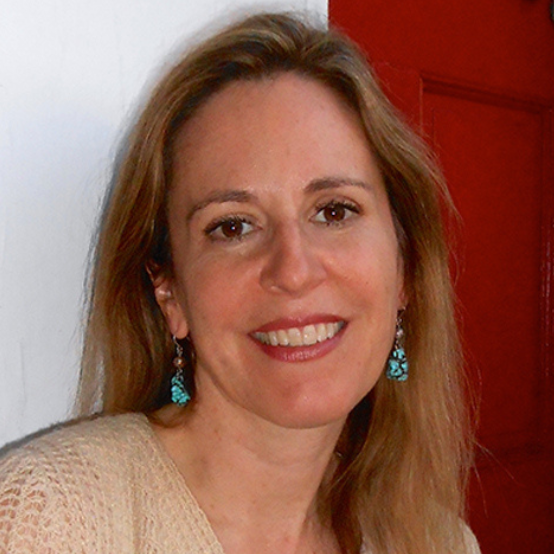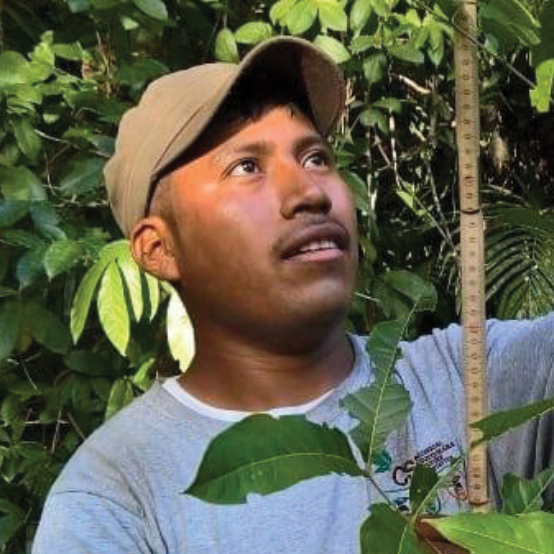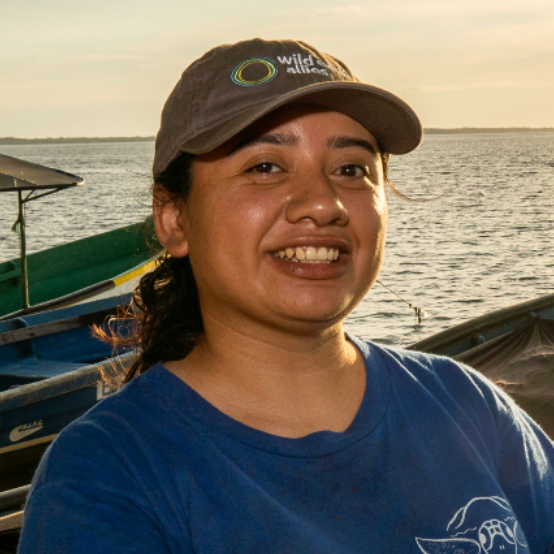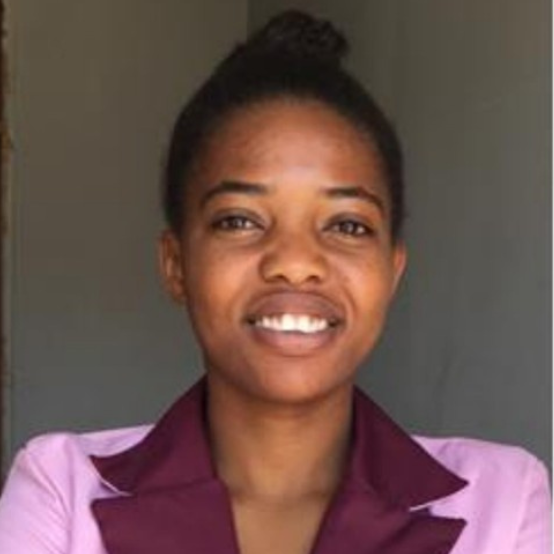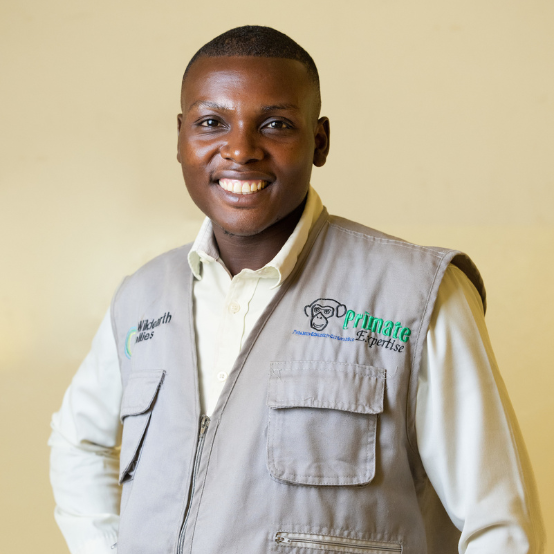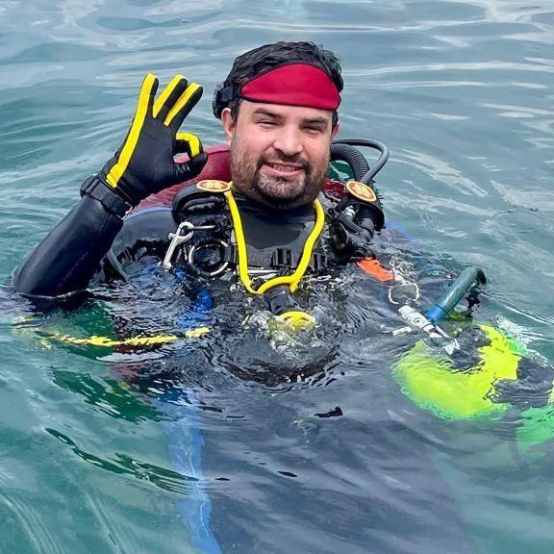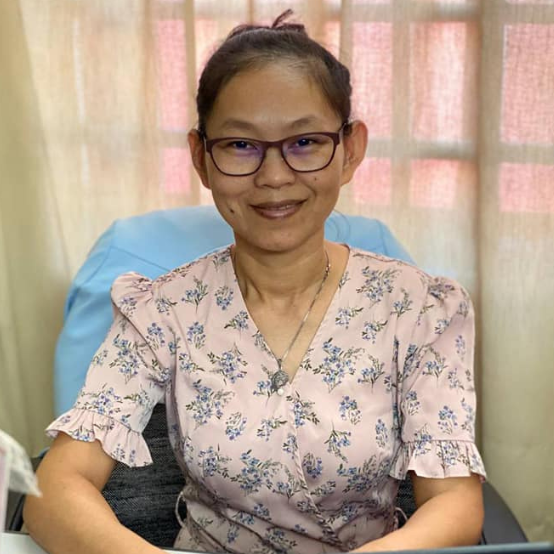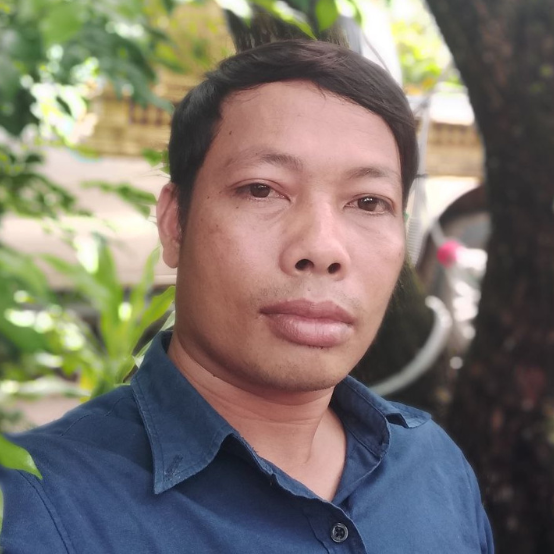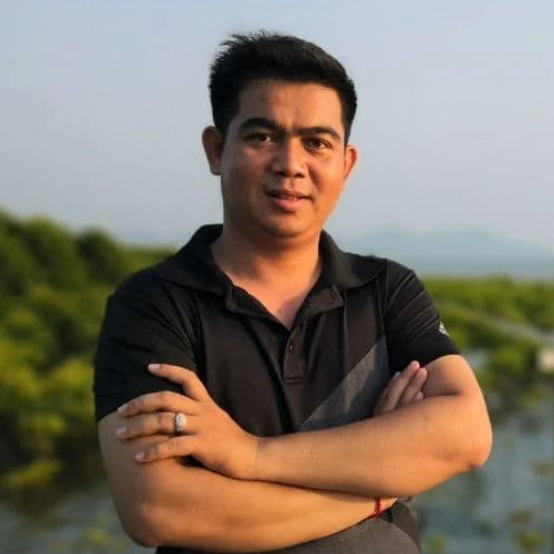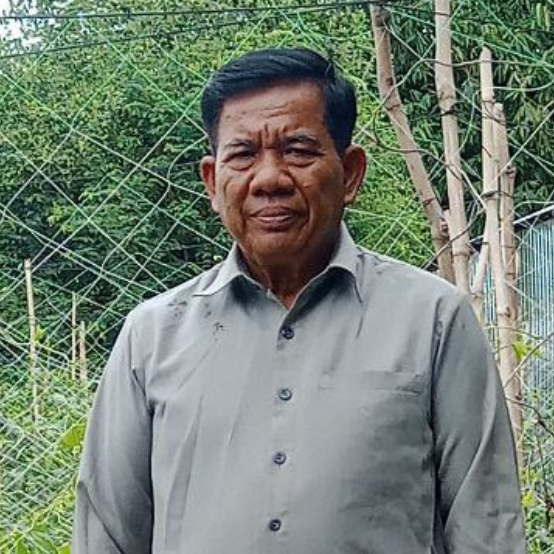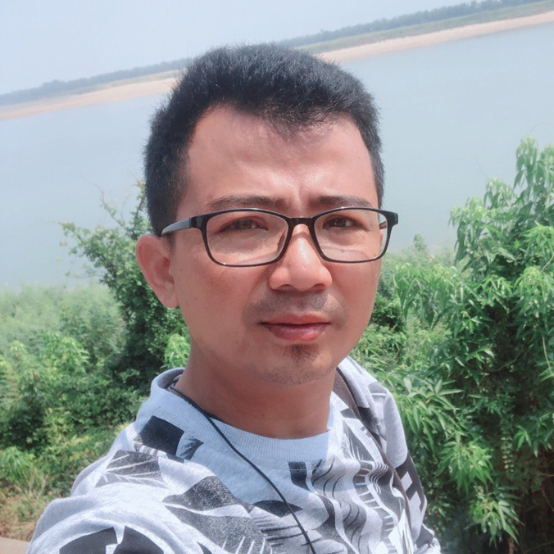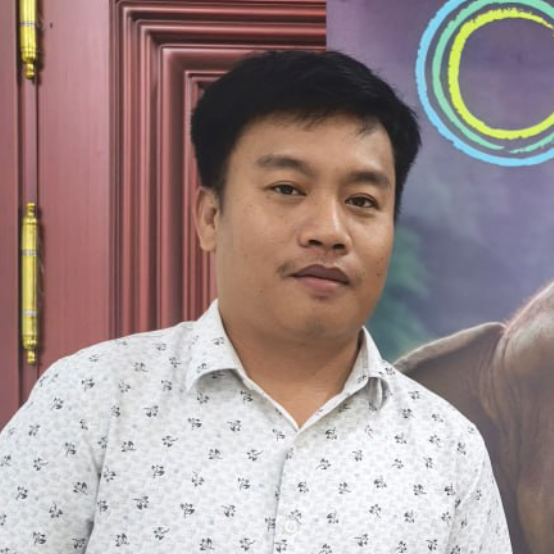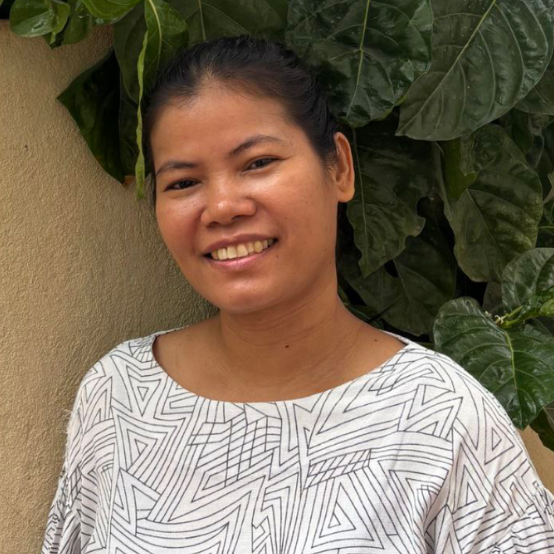In southern Cameroon, the Dja Biosphere Reserve is a UNESCO World Heritage Site recognized for its globally important biodiversity. At-risk wildlife like African forest elephants, western lowland gorillas, and central chimpanzees roam its 1.3 million acres of exceptional rainforest habitat. Communities living in and around the reserve also depend on its wealth of natural resources for their livelihoods.
Today the Dja Biosphere Reserve faces intense and growing pressures from activities such as forest conversion, illegal logging, and poaching for the illegal wildlife trade. The reserve has lost an estimated 10% of its forest cover since its creation in 1950, and key flagship species are in decline.
Wild Earth Allies is proud to announce a new partnership with the African Conservation and Development Foundation (ACDEF) and 13 communities, including one Indigenous Ba’Aka community, to strengthen the management of vital forests and enhance human well-being near the Dja Biosphere Reserve.
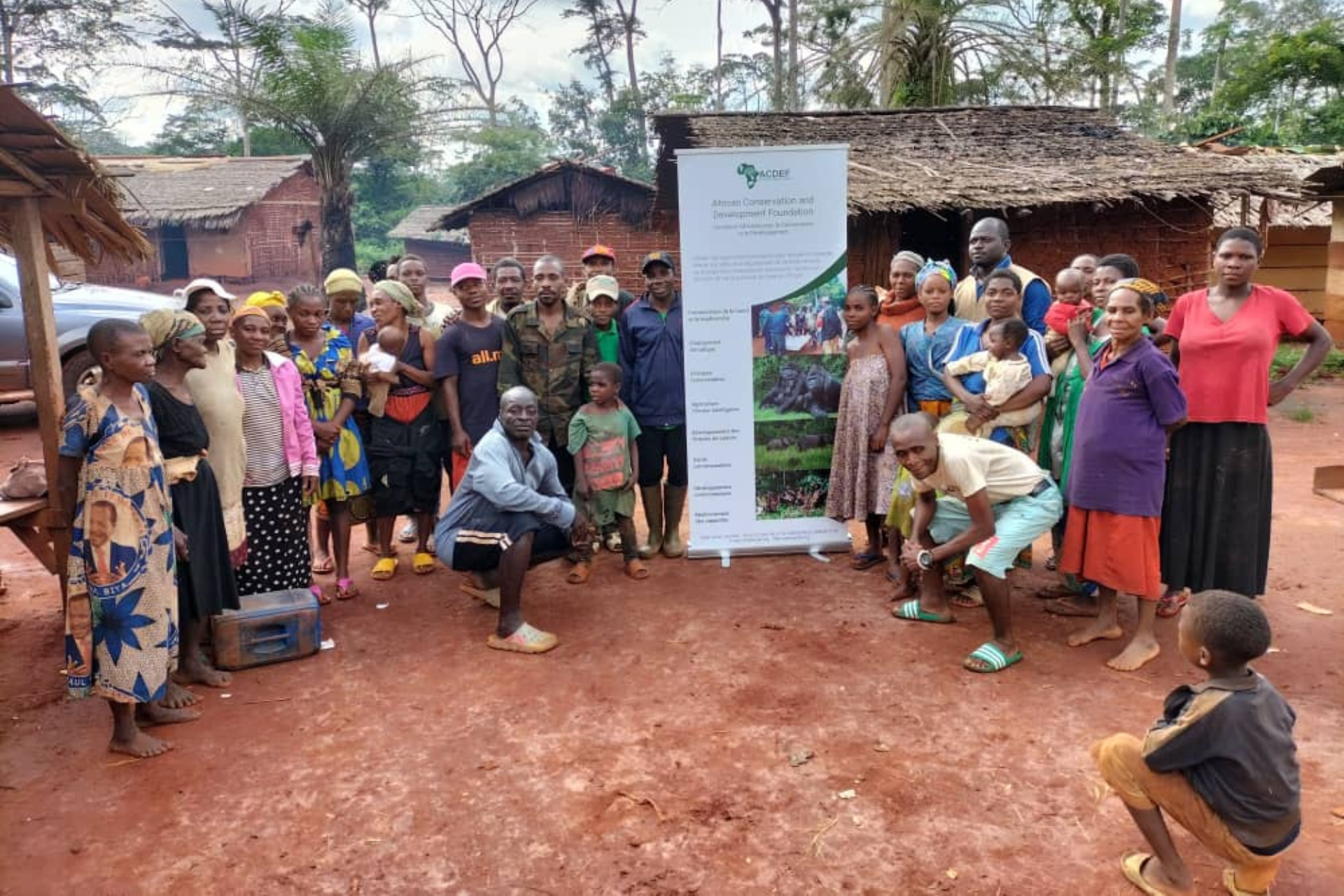
Indigenous Ba’Aka community members near the Dja Biosphere Reserve (Photo courtesy of ACDEF)
Communities at the Heart of Conservation
Through our collaboration over the coming years, communities will take active roles in managing and benefiting from the biodiversity in this remarkable landscape. Together, we will establish nine Community Conservation and Management Areas (CCMAs) covering 75,000 acres. This grassroots model promises a more people-centered, equitable approach to biodiversity conservation.
CCMAs will include different zones for sustainable livelihood development and habitat protection. We will also dedicate priority forest areas for wildlife monitoring and protection to ensure critical species can survive and thrive.
Profits from social enterprises like beekeeping, climate-smart agriculture, animal husbandry, fish farming, and ecotourism will be shared among families, community projects, and wildlife conservation efforts.
“In Dja, we want to do conservation differently than in the past. We will put the communities in the driver’s seat and build from their needs and aspirations up to conservation actions.”
—Daniel and Robin Pouakouyou, ACDEF
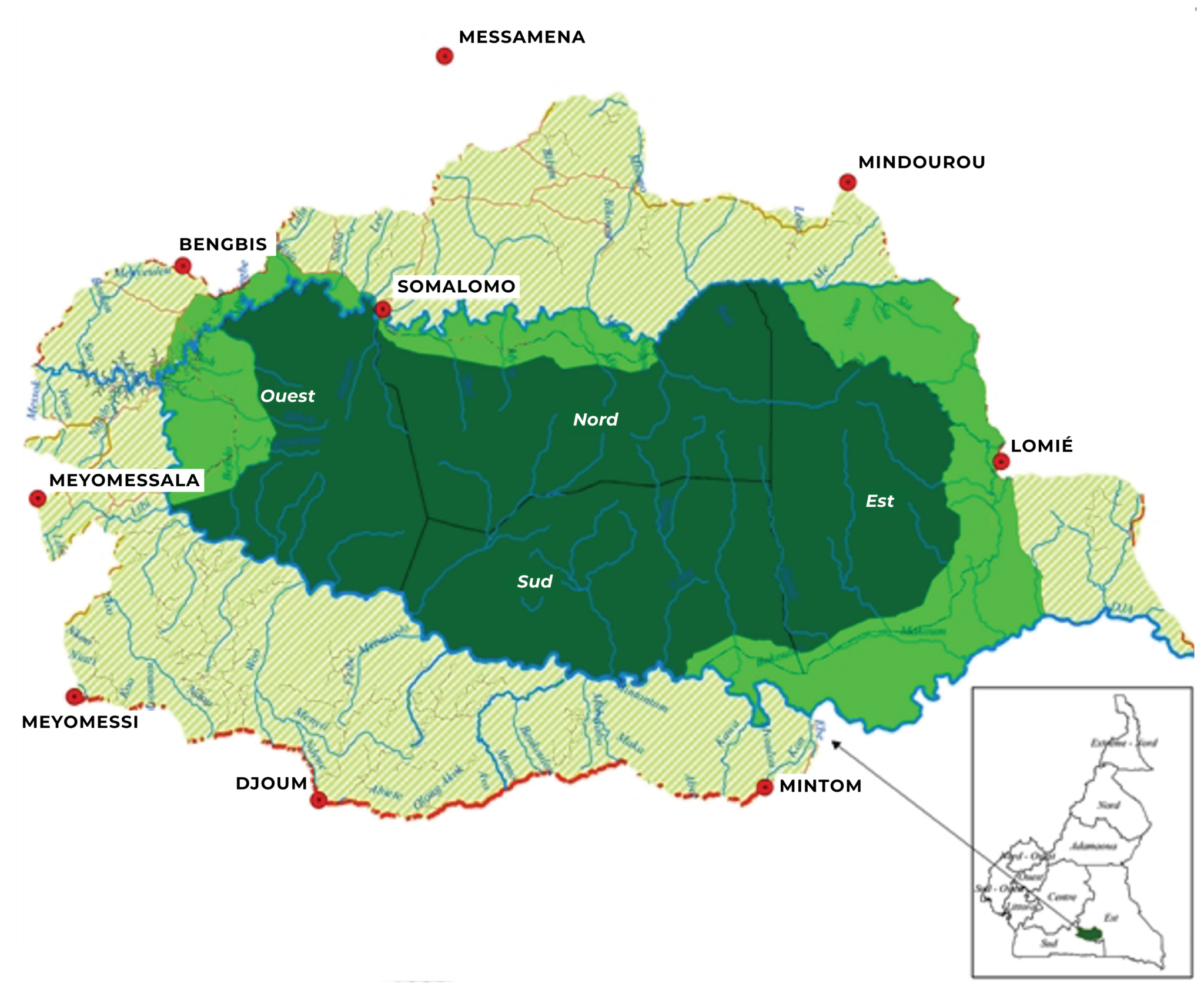
A map of the Dja Biosphere Reserve’s core biodiversity area (dark green.) The partnership will focus on communities located along the northern edge of the reserve. (Map courtesy of ACDEF)
Deep Experience in Community Engagement
Community-centered conservation is the key to sustainable, positive outcomes for people and nature. Our long-time colleague and Cameroonian partner, Daniel Pouakouyou, has deep experience in community engagement across Africa. He founded ACDEF almost two decades ago to promote a more equitable and inclusive future in Cameroon. Today, he and his wife, Robin Pouakouyou, a champion of gender equality and inclusive conservation, serve respectively as Senior Technical Advisor and board member on a voluntary basis.
As Daniel and Robin explain, “In Dja, we want to do conservation differently than in the past. We will put the communities in the driver’s seat and build from their needs and aspirations up to conservation actions.”
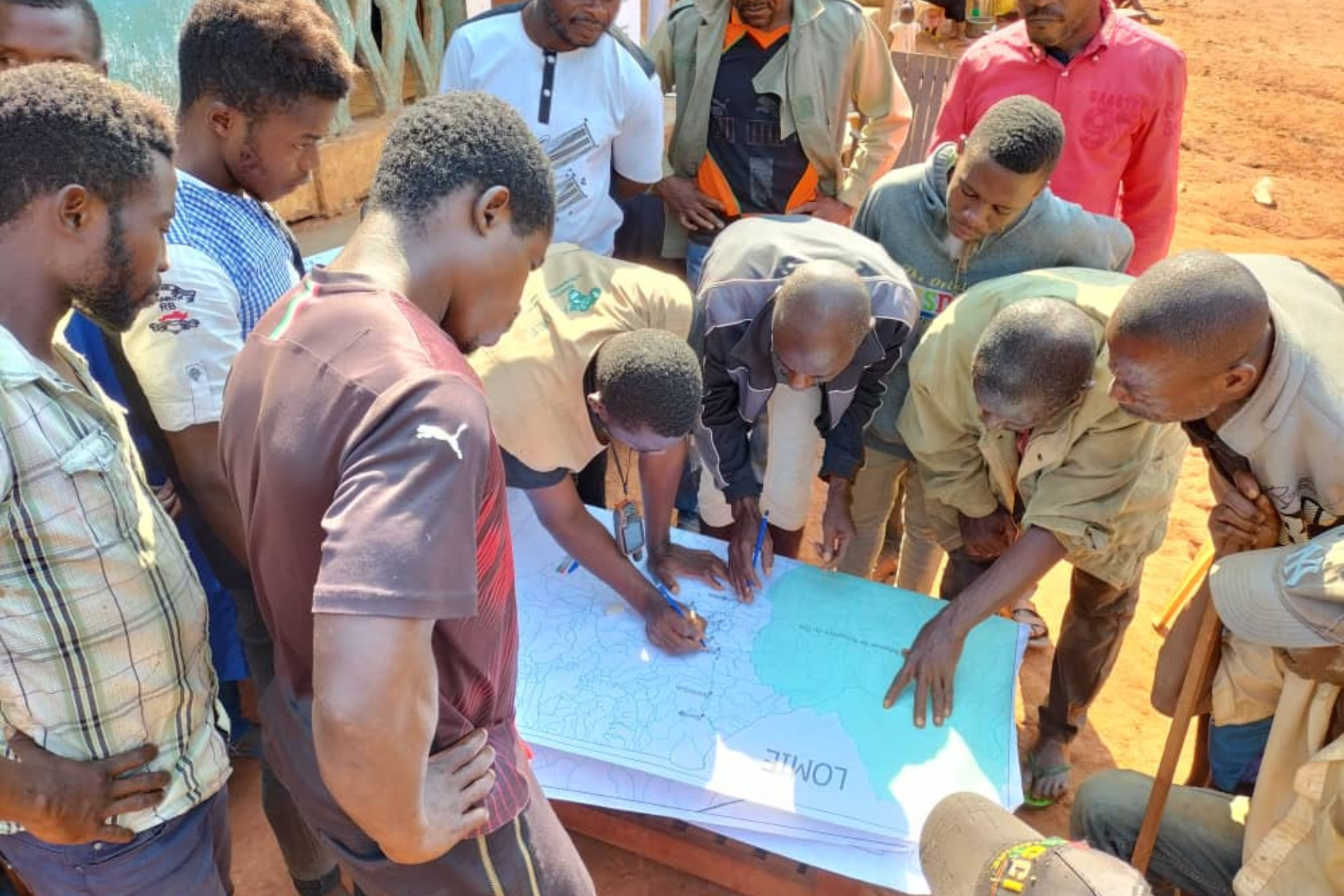
ACDEF facilitates participatory mapping and land use planning with communities in northern Dja Biosphere Reserve. (Photo courtesy of ACDEF)
“If the conservation projects are for us, they should provide resources and train us to establish and run the activities ourselves. Then when the projects close, we can pursue those activities and pass on the skills and practices to our children. If we do it that way, our lives will change for the better—forever.”
—Bambo Mimpo Samuel, Ba’Aka Community Leader, Bifolone village (northern Dja)
Over a six-month period in 2022, the ACDEF team convened government, NGO, and community stakeholders in the northern section of the reserve to discuss the development of CCMAs as well as past and current conservation efforts. This process included surveys with members of 13 communities comprising the nine CCMAs to better understand their current livelihoods and natural resource use patterns.
A key takeaway from the surveys was that community members in the northern part of the reserve do not feel they have been adequately represented in previous conservation efforts. As a result, other projects in the region have failed due to a lack of community ownership and agency. Bambo Mimpo Samuel, Ba’Aka Community Leader, explained, “If the conservation projects are for us, they should provide resources and train us to establish and run the activities ourselves. Then when the projects close, we can pursue those activities and pass on the skills and practices to our children. If we do it that way, our lives will change for the better—forever.”
Other survey takeaways include:
- Natural resources like fruits, nuts, herbs, honey, and medicinal plants represent an important source of income and sustenance for communities, highlighting the direct link between forest health and human well-being.
- About 91% of community members surveyed expressed broad support for establishing CCMAs. These respondents also said that greater community ownership will lead to improved natural resource management.
- People from outside the communities take part in professional hunting and contribute to the ongoing deterioration of forest habitat and the decline in wildlife population, especially the flagship species such as elephants, gorillas, and chimpanzees.
- Communities provided invaluable insights into where these flagship species range, thereby helping to identify key habitat areas essential for wildlife protection.
Following these community consultations, ACDEF recently completed feasibility studies and developed business plans for agriculture and natural-resource-based enterprises. They also developed a benefit-sharing model to increase household incomes and support a community-based wildlife monitoring system.
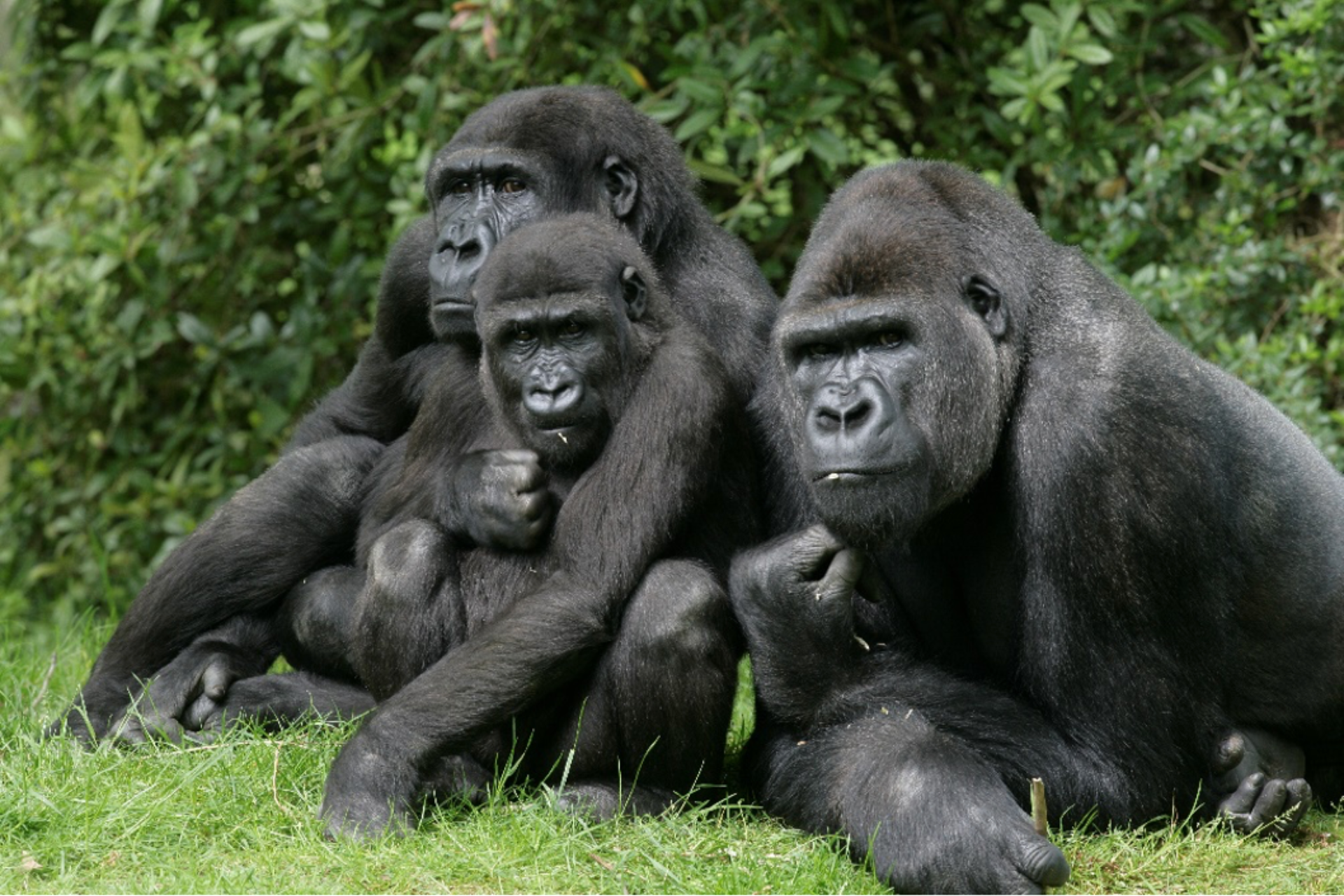
Critically endangered western lowland gorillas (Photo courtesy of ACDEF)
A Future for Wildlife in the Dja Biosphere Reserve
Our collaborative partnership will help benefit many at-risk wildlife species, including:
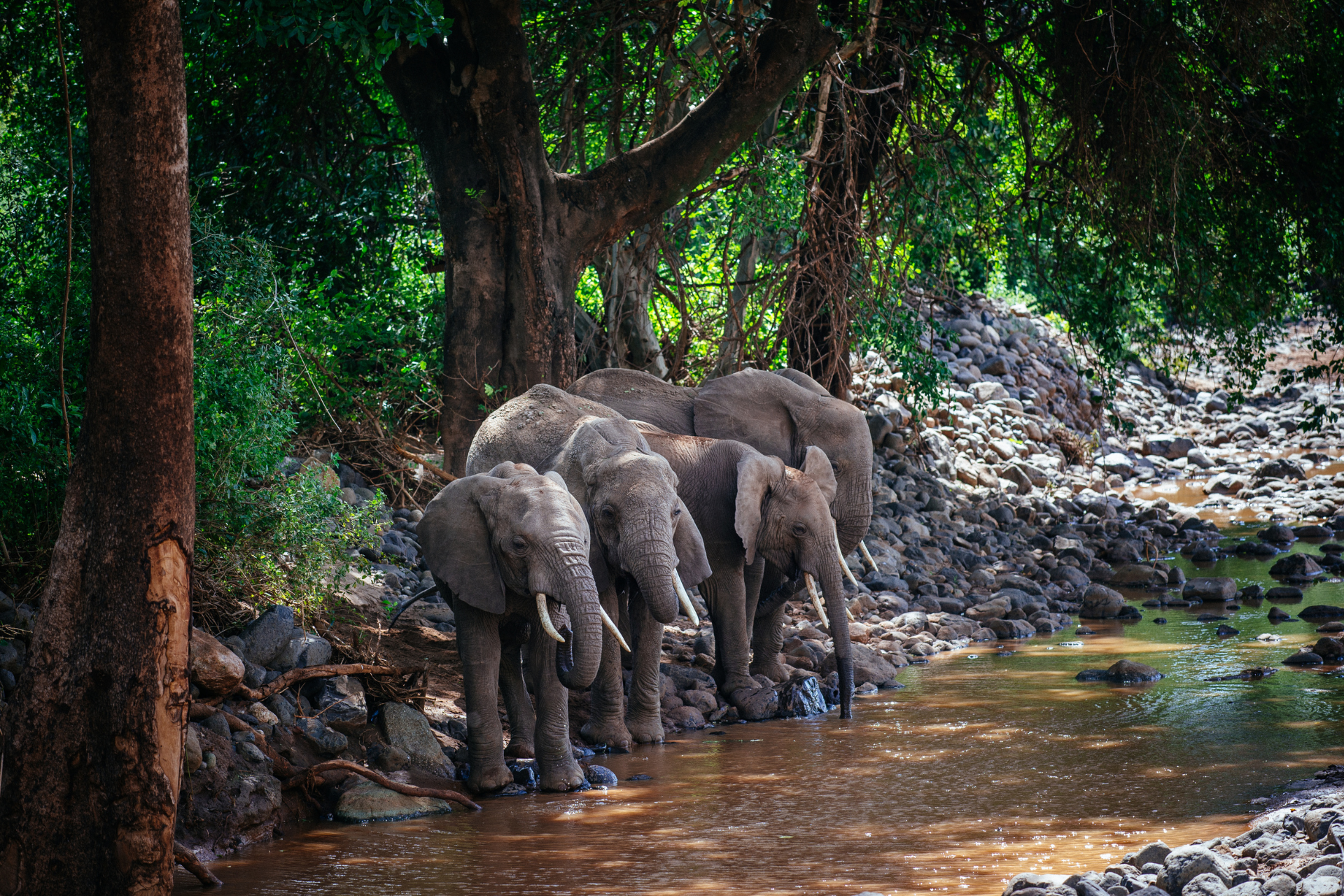
African forest elephants
The population of critically endangered African forest elephants in the wild globally has declined by over 86%. Cameroon is one of five countries holding the majority (95%) of remaining forest elephant habitat. Only around 220 African forest elephants remain in the Dja Biosphere Reserve, but this large, intact landscape provides room for a recovered population.
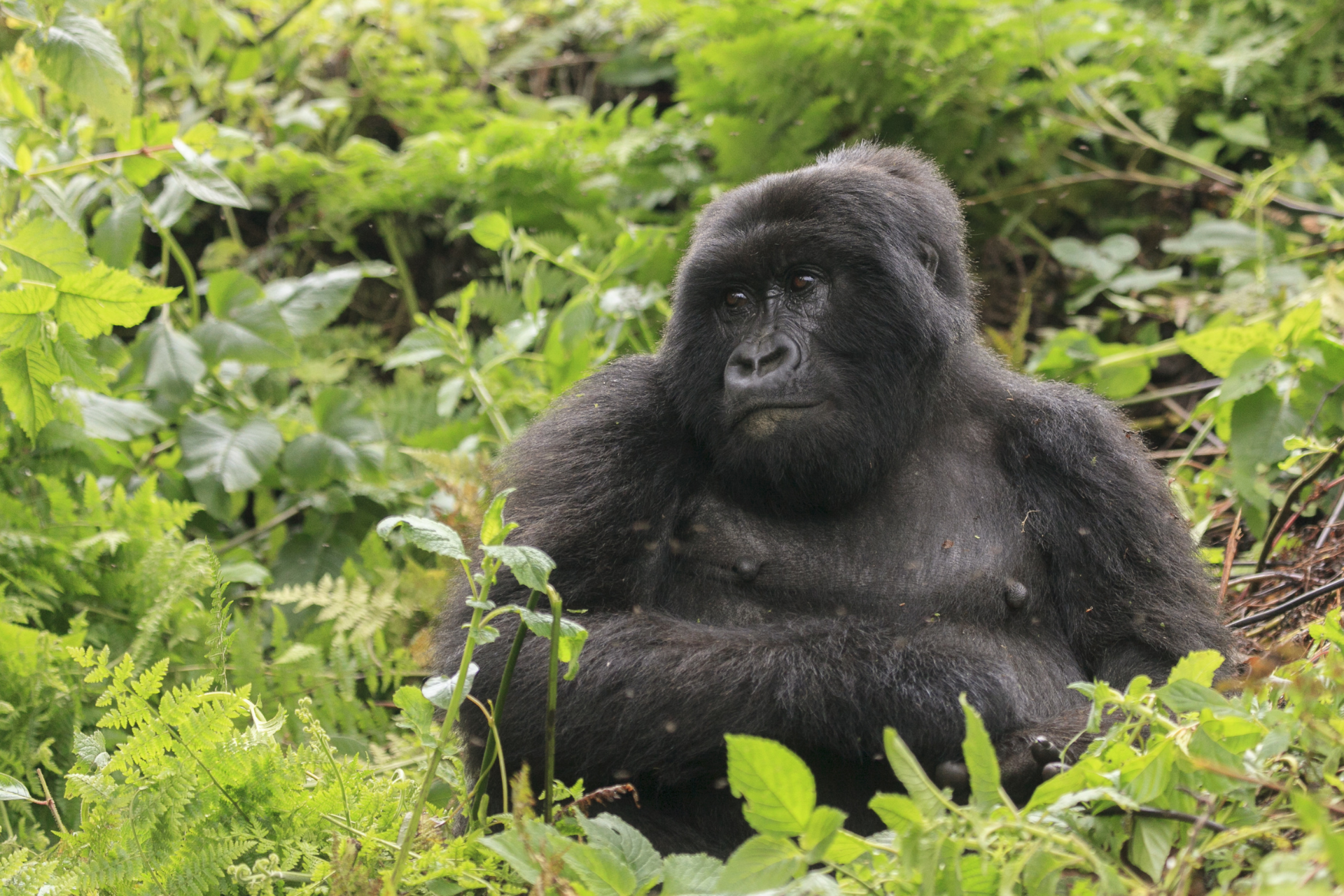
Western lowland gorillas
These critically endangered animals live across the Congo Basin in dense, remote rainforests. Due to poaching, disease, and habitat loss, western lowland gorilla populations have decreased by an estimated 60% over the past 20-25 years. A recent survey by the London Zoological Society showed that only 1,258 western lowland gorillas remain in the Dja Biosphere Reserve.
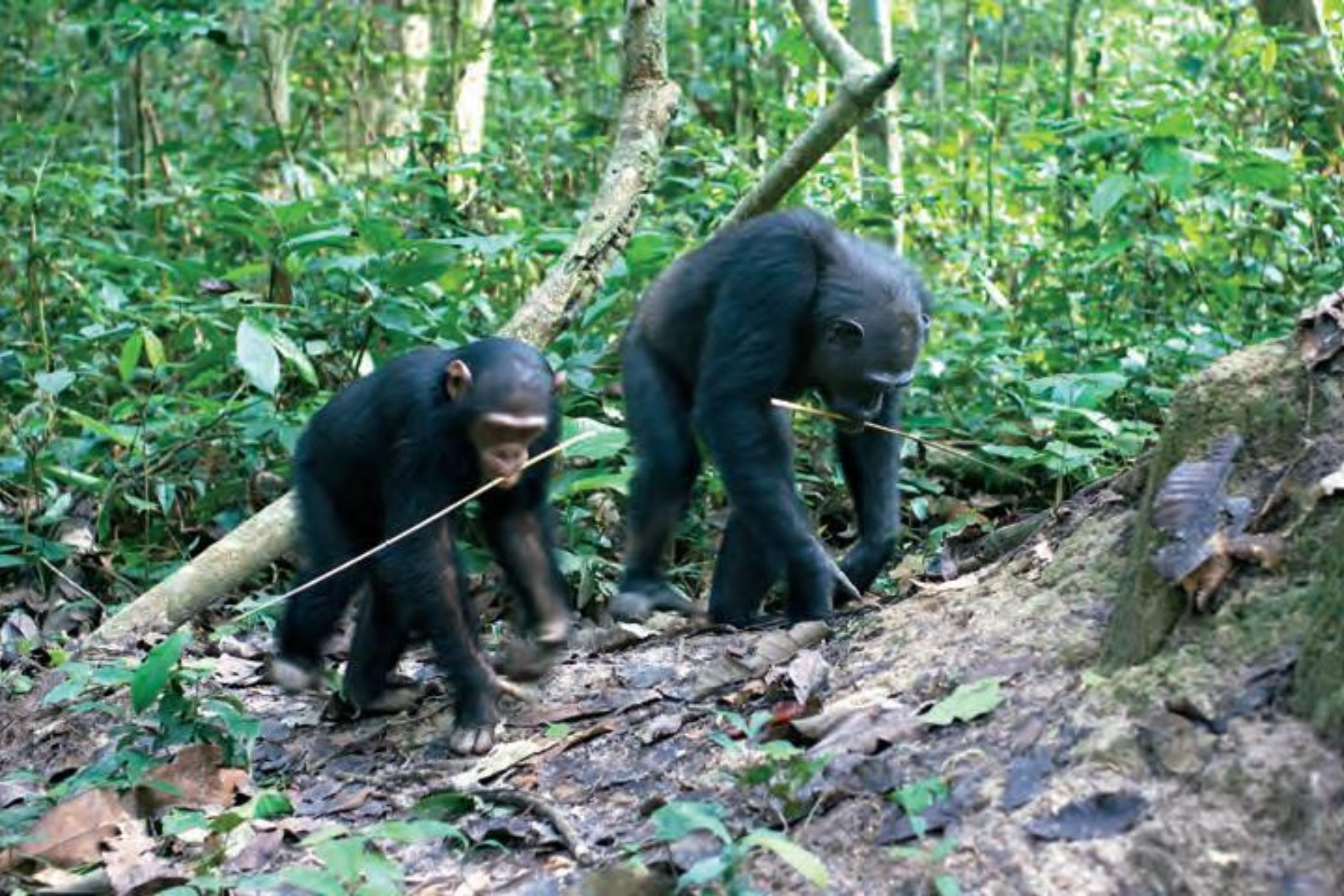
Central chimpanzees
The endangered central chimpanzee lives in the dense rainforests of central Africa. This sub-species is at risk from habitat loss, disease, poaching, and climate change. In the Dja Biosphere Reserve, the remaining population of around 2,313 individuals is in modest decline and appears, with the western lowland gorilla, more abundant in specific areas of the reserve where collaborative conservation action can be prioritized.
A Need for Urgent Conservation Action
Urgent, collaborative conservation action can reverse current biodiversity trends in the Dja Biosphere Reserve. Together, we can ensure a sustainable future for people and wildlife in this essential landscape. Putting communities and their interests at the center of conservation efforts will be crucial to our success.
Please join us in support of Cameroon’s wildlife, habitats, and people by making a gift today.

